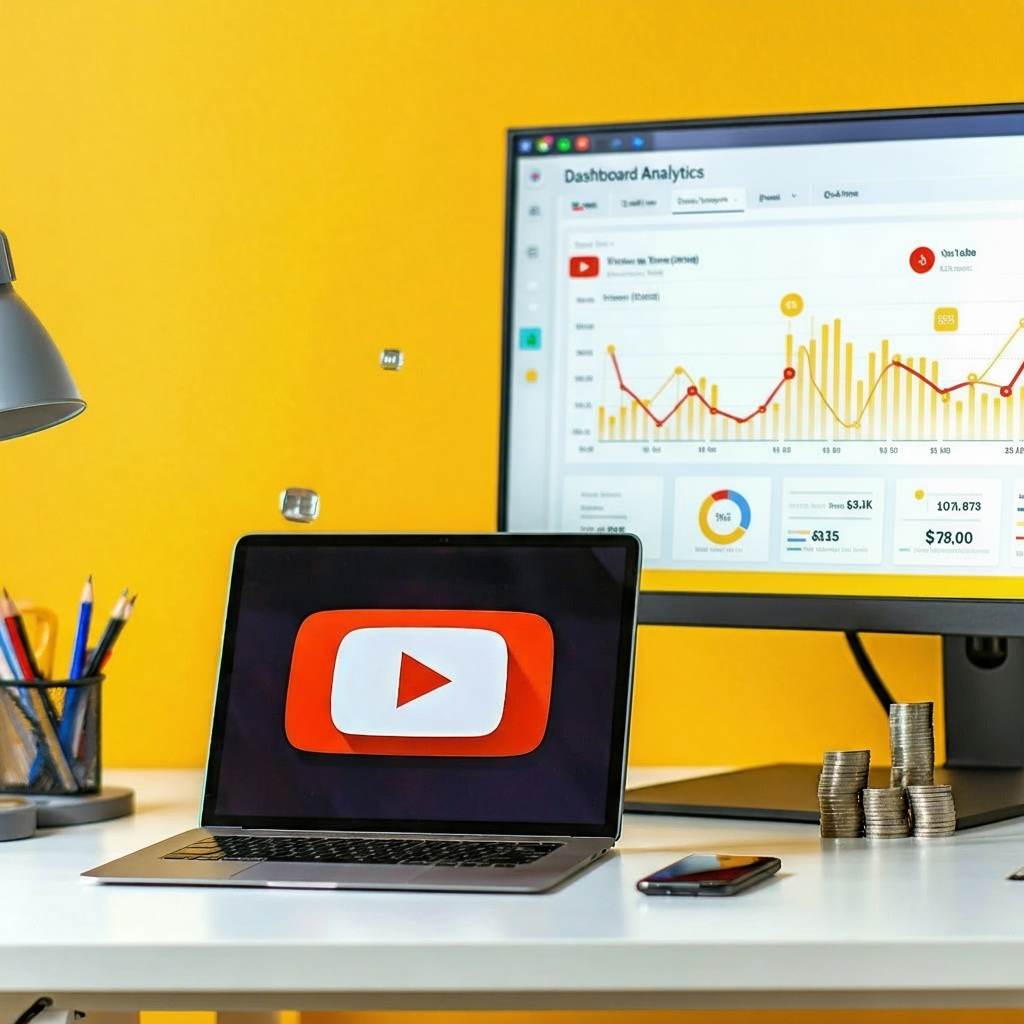YouTube Tests Retroactive Cost Cuts for Underperforming Demand Gen Campaigns
YouTube is testing a beta feature that applies retroactive cost cuts to underperforming Demand Gen Target CPA (tCPA) campaigns. This update, first reported by Search Engine Land, aims to protect advertisers from overspending during the learning phase by recalibrating costs after campaign performance data becomes clearer. Read the original report on Search Engine Land: https://searchengineland.com/youtube-tests-retroactive-cost-cuts-for-underperforming-demand-gen-campaigns-464679.

What the Test Does and Why It Matters
This beta allows YouTube to adjust billing for Demand Gen tCPA campaigns after the learning phase so that costs better align with the advertiser’s target CPA. Early campaign performance is often volatile — algorithms need time to calibrate targeting and bidding. Retroactive adjustments act as a financial safety net, reducing the risk of overspending while a campaign optimizes.
How It Changes Billing and Reporting
Advertisers may see a difference between initial spend reports and final billed amounts. Because cost recalibrations can occur after the fact, immediate dashboards may not reflect the final efficiency of a campaign. That lag matters for budget forecasting, cash flow planning, and performance reporting to stakeholders.
What Google Says
“Advertisers only pay for conversions that meet their target CPA, even if initial campaign performance fluctuates.” — Google
That language underscores the intent: to align billed costs with the value Google’s algorithms ultimately deliver relative to the tCPA objective.
Practical Implications for Advertisers
Retroactive cost cuts reduce pressure to pause campaigns immediately after poor early performance. However, they are not a substitute for good campaign design. Low conversion volume, weak creative, or poor landing experiences will prolong the learning phase and can still undermine campaign efficiency.
From an operational perspective, advertisers should prepare for three key impacts:
- Reporting variance: Initial spend and billed amounts may differ; reconcile regularly.
- Decision timing: Avoid snap decisions based solely on early data; allow the learning phase to complete when possible.
- Creative and conversion focus: Maintain strong creatives and reliable conversion tracking to accelerate optimization.
Recommended Action Steps
1. Monitor but Don’t Overreact
Track early metrics closely, but build a minimum observation window before making major changes. Retroactive adjustments are intended to reduce the cost of underperformance, so pausing too early can prevent the system from learning and optimizing.
2. Prioritize Conversion Volume and Quality
Consider tactics to increase conversion signals during the learning phase: broaden audiences slightly, use higher-probability conversion events where appropriate, and ensure tracking is accurate and stable.
3. Test Creative Variations Early
Demand Gen relies on creative assets across YouTube surfaces. Launch multiple creative variants to help the algorithm identify what resonates; better creatives lead to faster optimization and fewer retroactive adjustments.
4. Update Budget Forecasting and Reporting Practices
Communicate the possibility of retroactive billing changes with finance and stakeholders. When reconciling campaigns, compare initial spend vs. billed spend and annotate reports to reflect any retroactive adjustments.
Is Your Account Eligible?
The feature is a beta and is not yet available to all advertisers. Keep an eye on official Google Ads announcements and industry coverage (including the report on Search Engine Land) for availability updates and rollout details.
Final Thoughts
YouTube’s retroactive cost cuts for Demand Gen tCPA campaigns represent a shift in how billing can be aligned to performance during the learning phase. For advertisers, the change lowers short-term financial risk but also adds a layer of complexity to reporting and campaign management. Focus on creative quality, reliable conversion tracking, and measured decision-making. For agencies and in-house teams, update forecasting and reconciliation processes so stakeholders understand how early dashboards may differ from final billed outcomes.
SEOteric is monitoring these developments and will share guidance as the beta expands. Visit our website at https://www.seoteric.com for updates and resources to help you adapt.
Source: Search Engine Land













.png)

